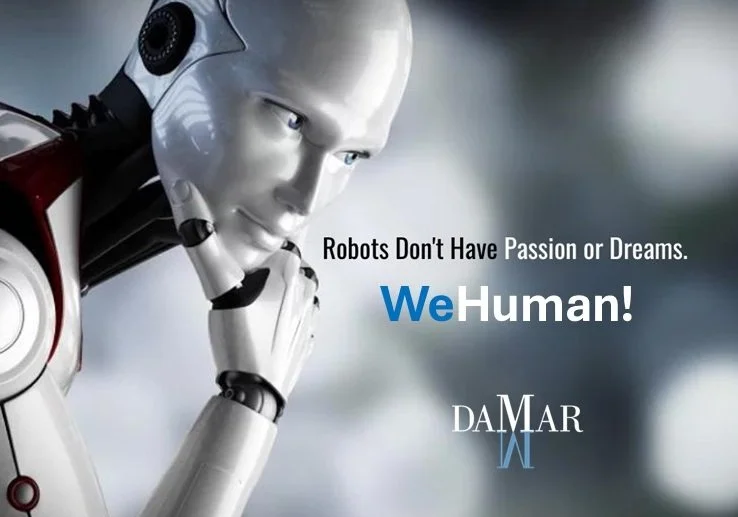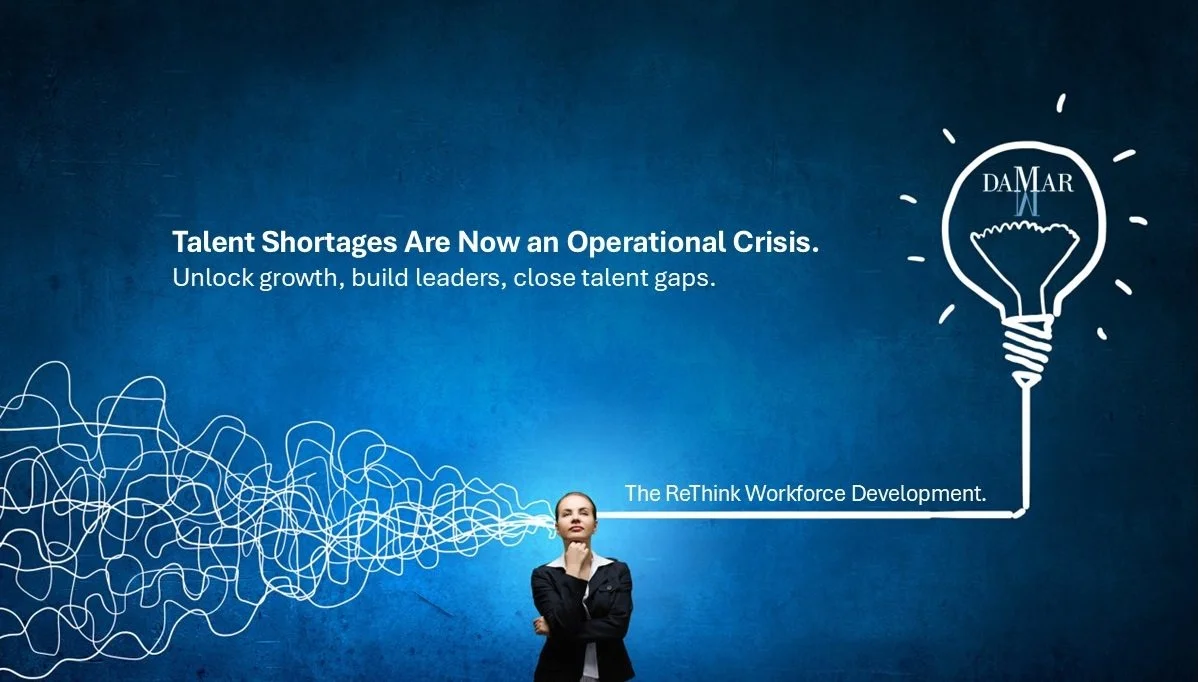Indiana can rebuild maternal health through coordinated, partnership-based care that addresses core social needs—leading to better engagement, fewer missed appointments, and healthier, more stable pregnancies.
Indiana continues to face one of the most pressing maternal health crises in the nation. Maternal mortality rates remain among the highest in the U.S., and nearly one in four counties are now classified as maternal healthcare deserts. For thousands of expectant mothers—especially those covered by Medicaid—accessing consistent, high-quality prenatal and postpartum care is both difficult and deeply unequal. This is not simply a clinical problem. It’s a systemic one.
A Crisis Rooted in Access and Equity
Across Indiana, the closure of hospital obstetric units and persistent workforce shortages have created large swaths of the state where pregnant women must travel long distances for basic care. Missed prenatal visits often lead to preventable complications, higher rates of C-sections, and increased utilization of emergency departments for issues that could have been managed earlier.
These gaps fall hardest on rural and underserved communities. Black and Brown mothers face pregnancy-related death rates more than twice those of White mothers, comparable to underdeveloped countries—a gap that has persisted for over a decade.
“Indiana’s maternal health crisis reflects the consequences of fragmented systems,” says Tiffany Thompson, a leader at DaMar Consulting Group. “It’s not just about access to obstetric care. It’s about connecting the dots. We need a better approach that goes beyond clinical care to address social needs, behavioral health, and the daily realities affecting pregnancy outcomes.”
Systemic Barriers at Every Turn
The structural obstacles are extensive:
Coverage Gaps and Complex Navigation: Medicaid members often lose coverage temporarily during pregnancy transitions, disrupting continuity of care at critical moments.
Unmet Social Needs: Food insecurity, transportation, and housing instability remain common barriers that traditional clinical systems are not equipped to solve.
Behavioral Health and SUD Challenges: Among pregnant Medicaid members, rates of substance use disorder—especially opioid and meth use—remain high. Co-occurring mental health conditions exacerbate the complexity, while limited rural access to medication-assisted treatment often leaves mothers without recovery support.
A Coordinated Solution from the Ground Up
DaMar Consulting Group is piloting a model it believes can change that trajectory. The firm’s integrated Dual CHW and CSR program takes a hands-on, community-rooted approach that blends case coordination with social and administrative support.
“What’s unique about our model is how it integrates managed care, care navigation, social support, and Medicaid resources into a single, accountable, plug-and-play framework,” says Tiffany. “We don’t just make referrals—we put boots on the ground, coordinating with MCEs and providers, maintaining active engagement with individuals, and conducting home visits throughout postpartum recovery.”
The initiative places trained CHWs directly within communities. These frontline workers conduct home visits, identify risk factors early, connect members with WIC, housing, and food programs, and ensure transportation for medical appointments. Meanwhile, CSRs manage the complex administrative side—verifying eligibility, addressing coverage issues, and coordinating benefits across state systems.
The result: fewer emergency visits, better prenatal engagement, and improved postpartum follow-up.
Aligning Care Coordination with Value-Based Goals
DaMar supports Indiana’s GROW initiative and believes it has significant potential to strengthen care in rural communities. With the right strategy, GROW can deliver much-needed resources where they are most needed.
Tiffany Thompson notes that the GROW initiative aligns seamlessly with DaMar’s Dual CHW and CSR program and the challenges it was designed to address. “This fits perfectly with the design of our program,” she explains.
GROW funding enables organizations facing operational constraints, capacity limitations, staffing gaps, or data analysis challenges to invest in partnerships with teams like ours. At this point, the question isn’t whether there’s a strong fit—it’s how quickly the program can be positioned and scaled. This is a turn-key, proven solution for statewide or regional coalitions, community health organizations, and MCE partners serving rural counties.
For Managed Care Entities (MCEs) and hospital systems operating in value-based environments, the DaMar approach goes beyond improving outcomes. It delivers clear strategic alignment with core performance measures:
Lower Total Cost of Care: Early interventions reduce unnecessary hospitalizations and avoidable ER utilization.
Higher Quality Scores: Improved prenatal and postpartum care drives stronger HEDIS and Star Ratings.
Advancing Equity and Population Health: Culturally competent, community-based outreach builds trust among high-risk populations.
Improved Member Experience: Consistent, trusted support enhances satisfaction and retention—critical metrics in managed care contracts.
“These programs transform community health workers from a support team into a strategic asset,” Tiffany explains. “They improve population health while strengthening the financial sustainability of the organizations that serve these members.”
Building a Scalable Future
Indiana’s maternal health challenges echo those seen nationwide—shortages of clinicians, persistent inequities, and rising costs under value-based care pressures. DaMar’s model, however, offers a blueprint for scalable change: one that bridges community realities with clinical performance goals. By integrating CHWs and CSRs into the maternal care ecosystem, healthcare organizations can convert social determinants into measurable outcomes and align compassion with cost efficiency.
The choice ahead for Indiana, and states facing similar crises, is how quickly they can scale what works. With DaMar’s integrated, data-driven model, the path forward is clearer: community-centered care isn’t just the right thing to do; it can be a strategic imperative for the future of maternal health.
The DaMar Solutions Consulting Group is dedicated to unlocking organizational excellence by helping you optimize your human resources, empower your workforce for sustainable peak performance, and support an effective talent acquisition strategy to remain competitive well into the future.










